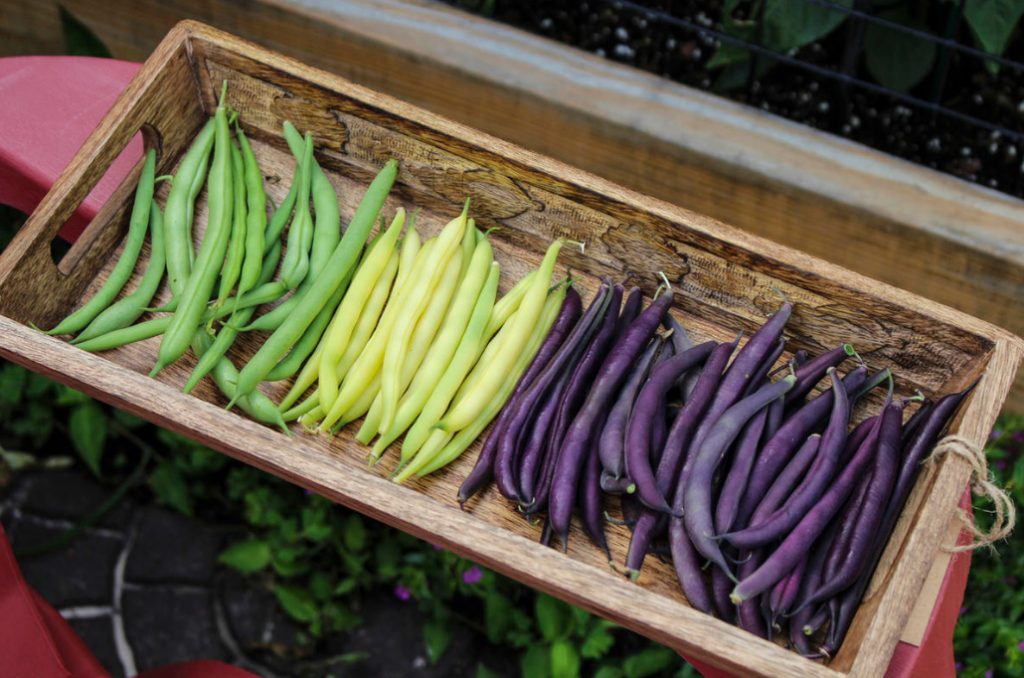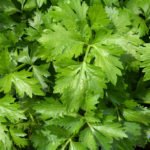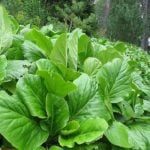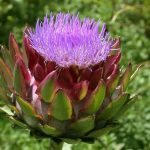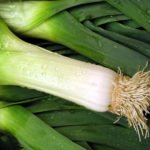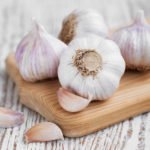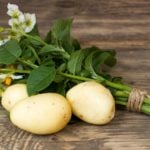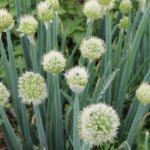The popularity of legumes depends quite heavily on the region. Moreover, if Phaseolus is found quite often, then it is almost incredible luck to find Faba in our dachas. At the same time, they are useful, delicious and undemanding in care.
Phaseolus
I’m a big fan of Phaseolus. And I don’t like to eat it as much as I like to grow it. No other plants have such power and speed of growth! It seems that Phaseolus is growing right before your eyes, spreading its bright green leaves in the shape of hearts.
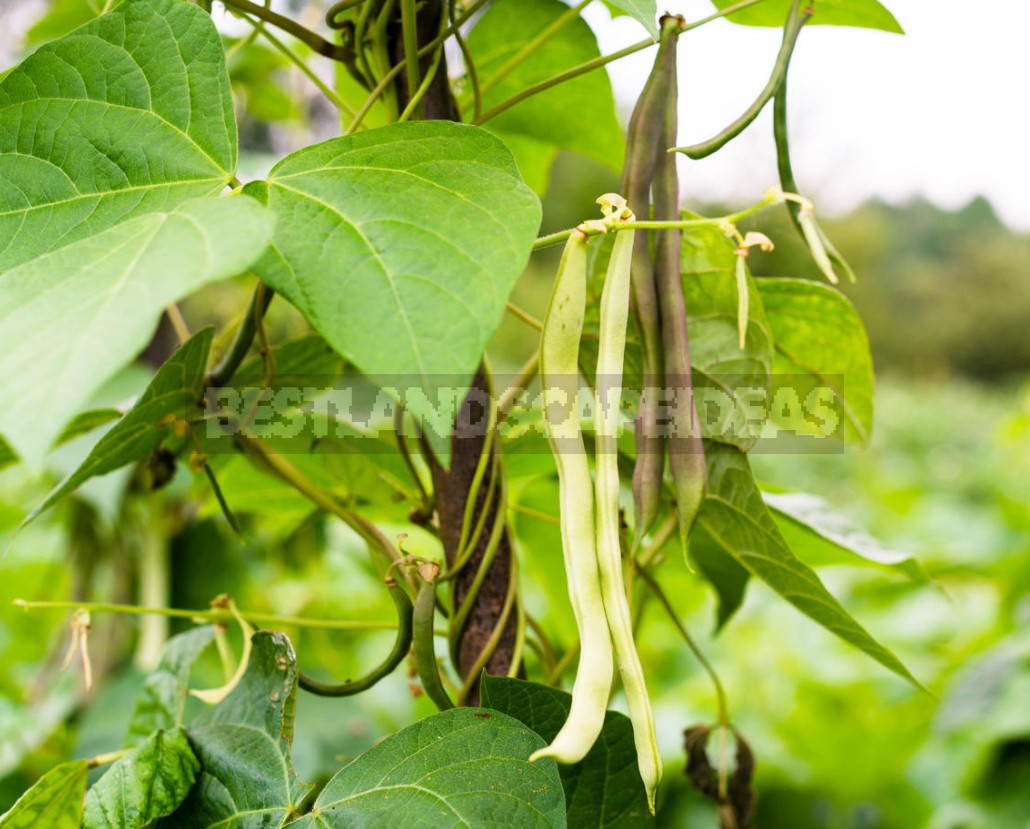
Cultivation
I sow in the open ground no earlier than may 25, because on my site, frosts can happen on June 3. While Phaseolus is underground, they are not afraid of freezing. Of course, in the case of force majeure, the seedlings can simply be covered with a spanbond.
If you have late varieties that you really want to try, then you need to sow Phaseolus on seedlings 20-30 days before planting in the open ground. But the seedling method is not the best option, since Phaseolus (like peas) does not tolerate transplanting well, and also grows very quickly and requires a lot of attention.
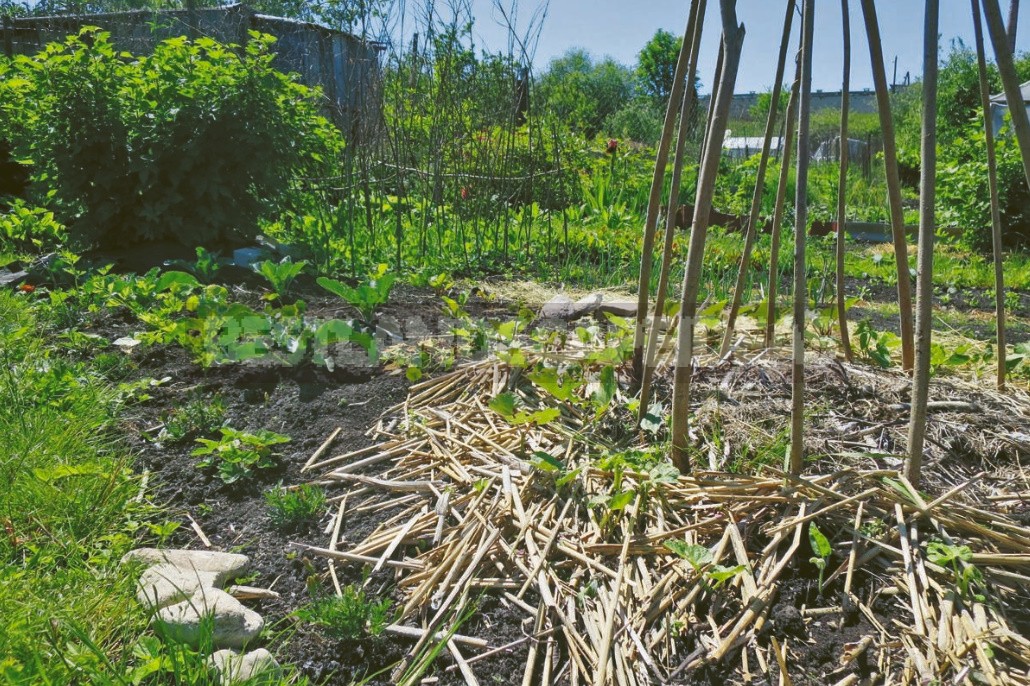
Do not forget that your Phaseolus will freeze at the first autumn frosts, and carefully choose the varieties. Use curly Phaseolus, first, to save space in the garden, and second, for a stretched collection of pods. The more often you harvest your Phaseolus vines, the more intensively they will bloom and give new pods. This is not typical for Bush varieties. In Phaseolus, you can collect your own seeds, which will retain the characteristics of the variety, even if you have up to 10 different ones planted on your site.
Varieties
Phaseolus varieties are divided into bushy, usually no more than 45 cm high, and curly, reaching 3 m in length. Varieties of Bush Phaseolus are almost all precocious, so they can be sown twice a season: at the end of may and in mid-June. Phaseolus can be grain and pod (it is also asparagus, French). I prefer climbing asparagus varieties. My favorite is the variety ‘Blue Lake’, the most delicious, productive and unpretentious, with green pods.
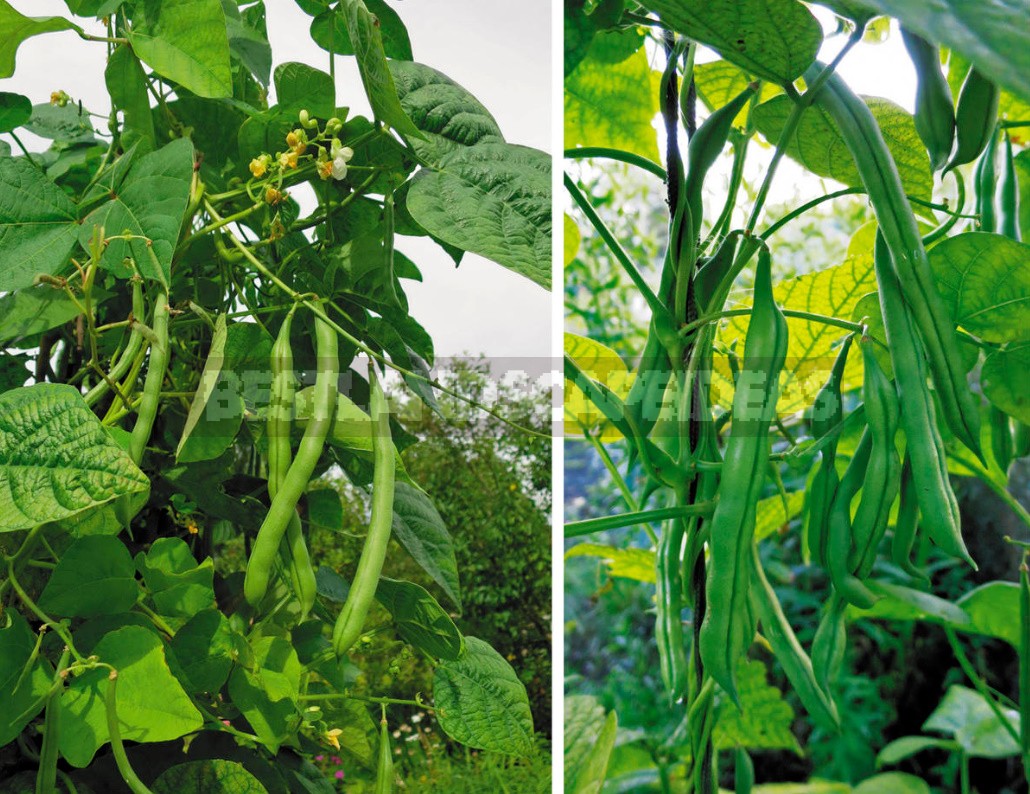
Several times I tried to plant Phaseolus varieties ‘Blauhilde’ with purple pods. Unfortunately, its yield is much lower than that of ‘Blue Lake’, and the pods quickly become hard. I also didn’t like that ‘Blauhilde’ has a membrane between the sashes that needs to be cleaned.
From Bush asparagus varieties, I really like the varieties ‘Minidor’ and ‘Maxidor’. The pods are yellow, thin and long, like oil. Phaseolus inside is very small, less than a pea! These varieties do not have webbing — they almost do not become rigid when they grow over. I stopped growing Bush forms of grain Phaseolus, because I do not have enough acreage for them.
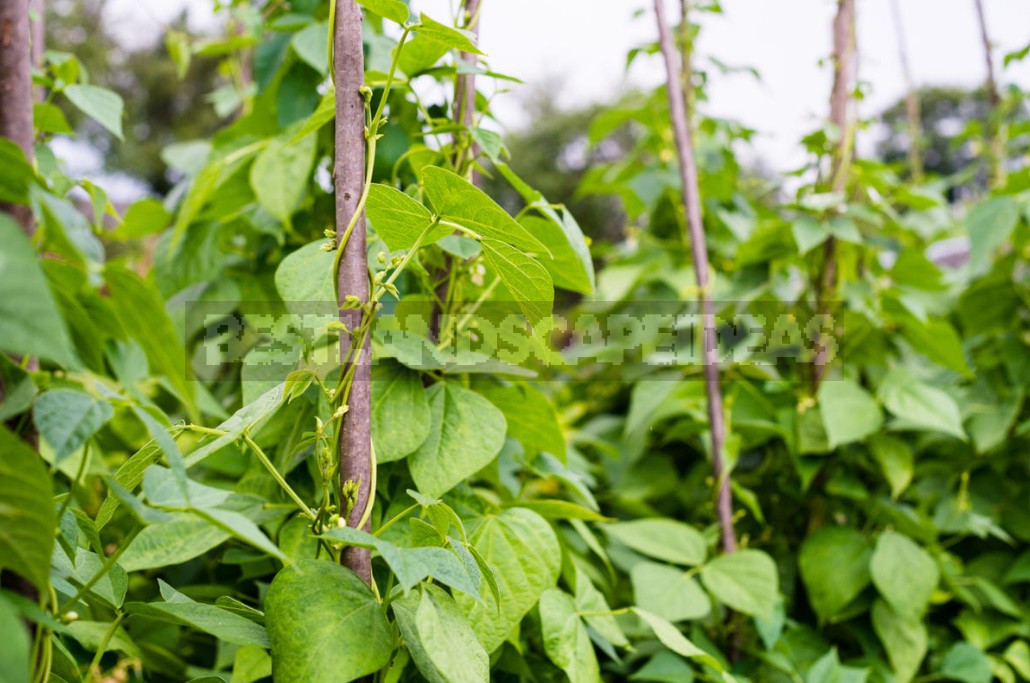
From the curly grain Phaseolus, I can note one very interesting variety from Poland, included in the list of traditional European products (PDO, protected designationof origin), which came to me last year. In Polish, it is called ‘Piękny Jaś’. Its distinctive feature is the largest snow-white Phaseolus. Their size is simply amazing! But unfortunately, this is a southern variety, and in the conditions of a long Northern day and a short summer, it does not have time to give a good harvest (unless it is grown through seedlings).
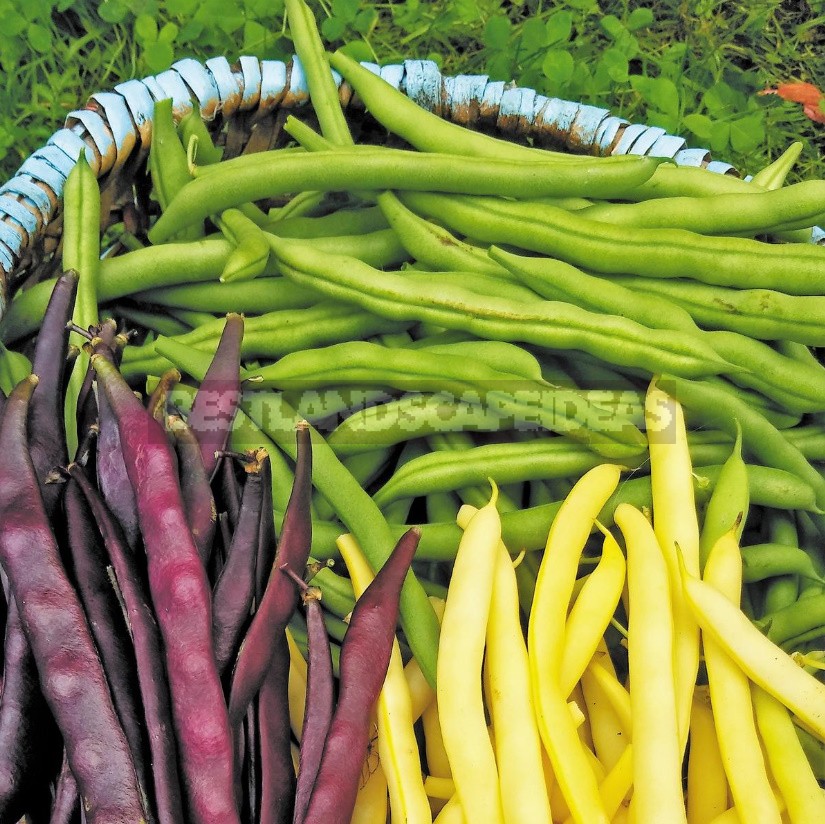
There is another very interesting group of grain Phaseolus, which is called Yin-Yang. These are two-color Phaseolus — white-red, white-black, white-purple. Varieties of this group are bushy and curly.
All parts of the Phaseolus plant are poisonous, including pods and grains! It can be consumed only after heat treatment.
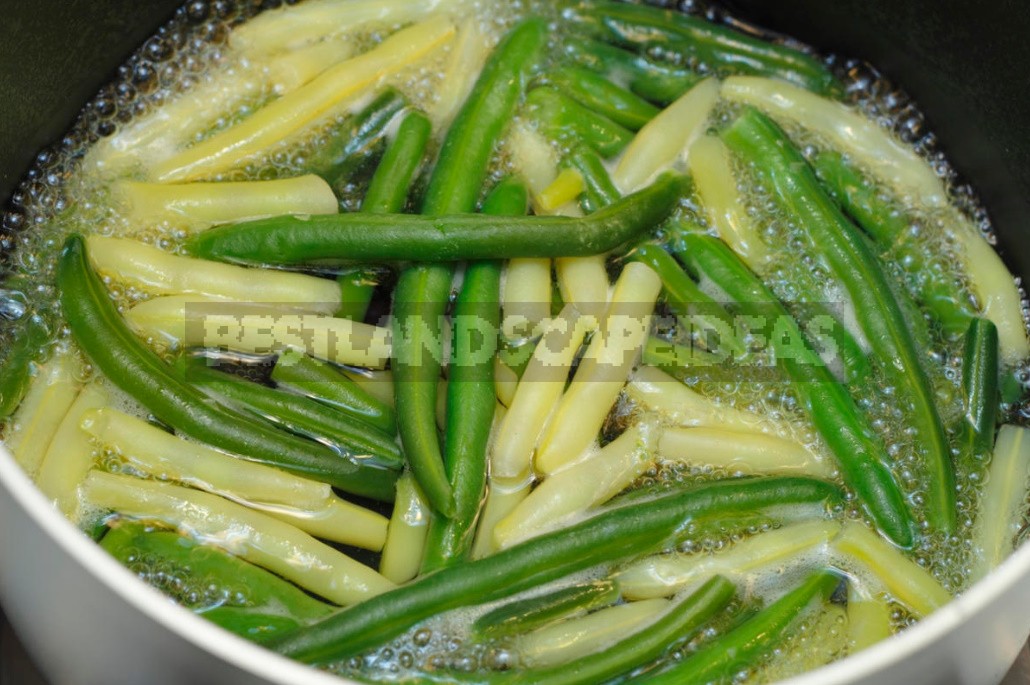
Faba
It turns out that many people do not know anything about Faba, despite the fact that It is one of the most ancient vegetable crops. It’s amazing to me.
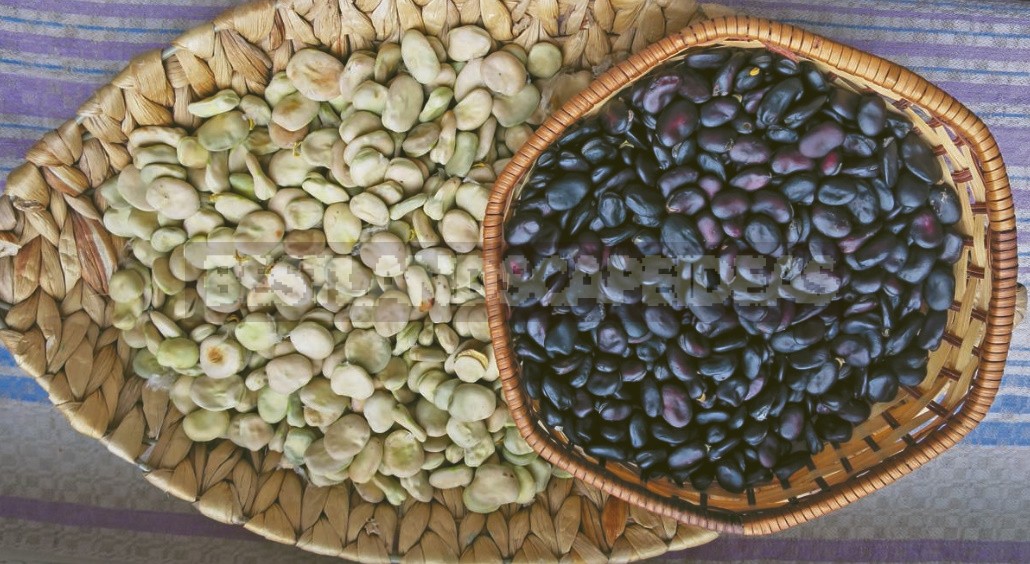
Faba are easy to grow and very rich in protein, so today they are bred all over the world, but especially a lot — in England, China, Ethiopia and Sudan. My surprise was not limited when in Spain I bought a pack of snacks (as I thought — nuts), which turned out to be dried Faba with spices.
Cultivation
The first sowing of Faba is done in April with dry seeds. The second time you can sow in early June, using already soaked seeds. Usually I don’t have a special bed for Faba. I plant them with other vegetables, on the edges of beds or between other low-growing crops. You need to sow deep, 3-5 cm. This crop will allow the plant to better establish itself in the soil, because Faba grow up to 1 m tall. The distance between plants in a row is at least 10 cm.
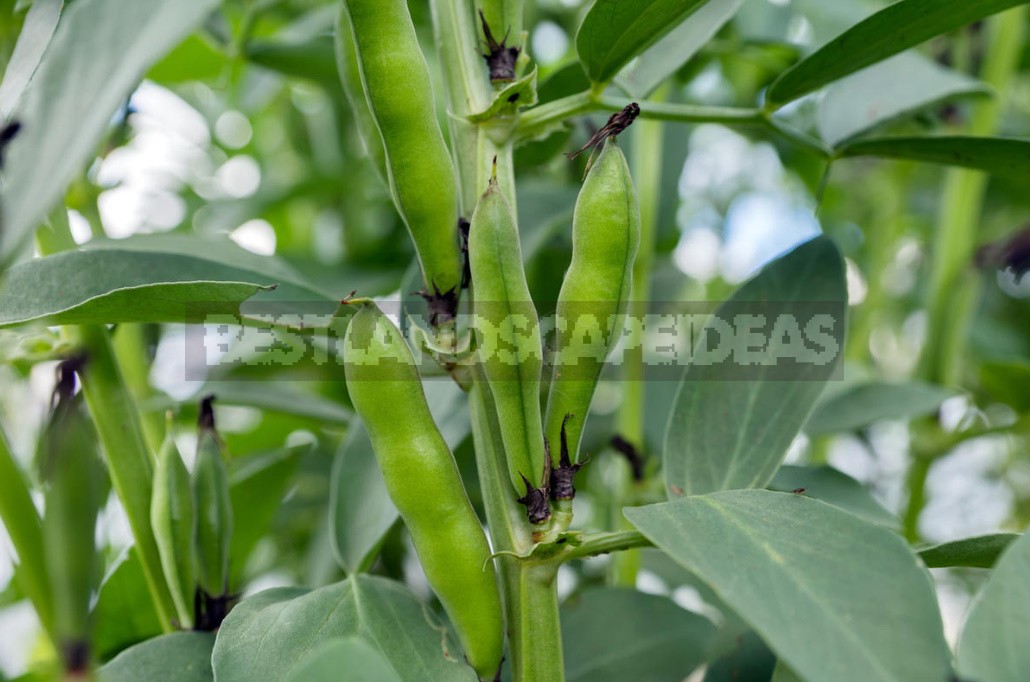
Faba varieties are divided into 2 groups — vegetable (large) and fodder (small). Of course, white Faba is better, as it is much larger and more delicate in taste.
At Faba, not only the seeds are edible. Very young pods can also be eaten after heat treatment. Dried grains are used to make flour with a high protein content, which is used for baking bread. Interestingly, there is a genetic disease called favism-hemolytic anemia caused by eating Vicia faba. The disease is found in the Mediterranean, Iraq, Iran and southern Azerbaijan.
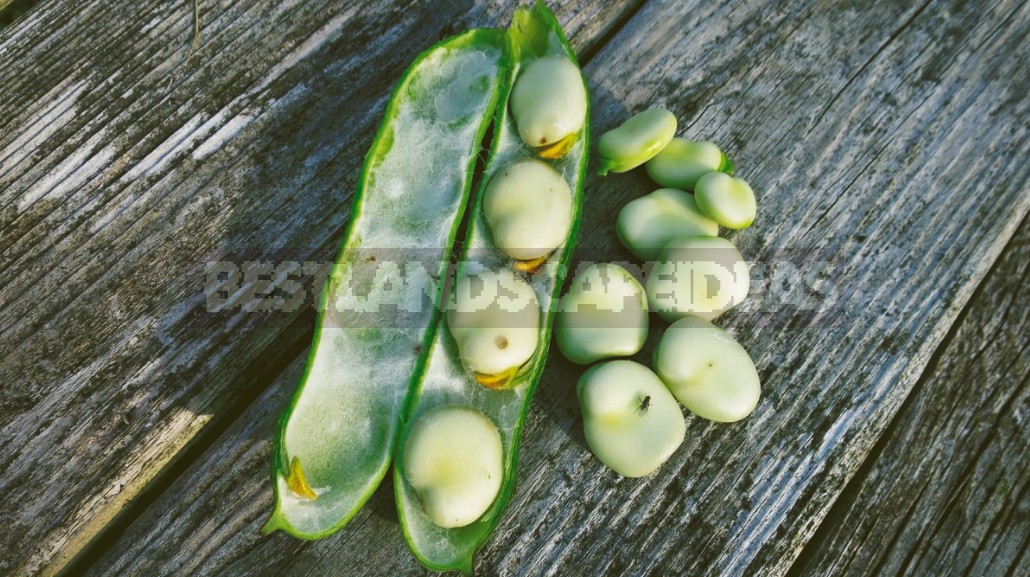
These wonderful representatives of legumes are perfect for growing in the country. Let them into your garden — your diet will be replenished with delicious and healthy dishes containing a large amount of vegetable protein.
